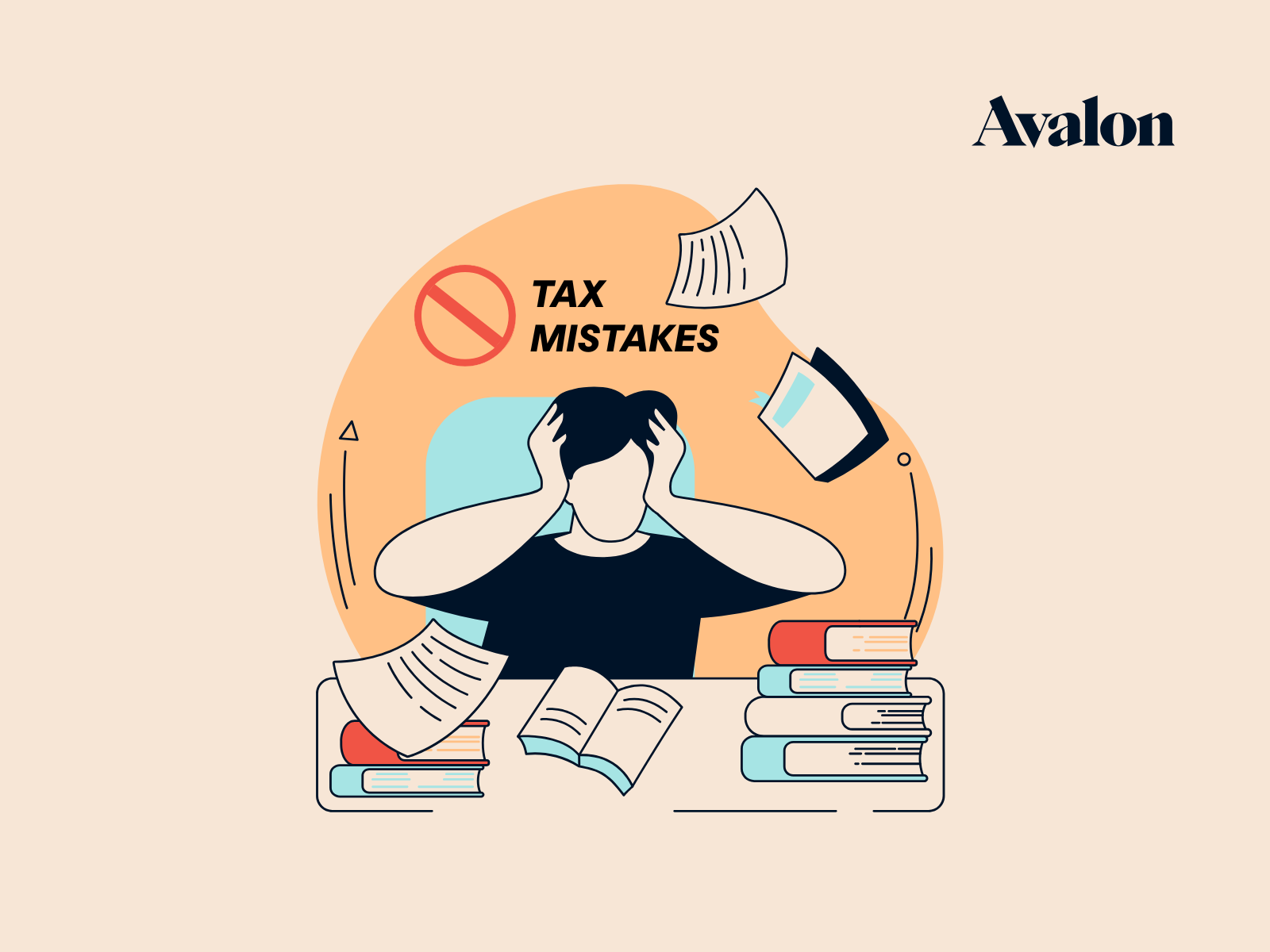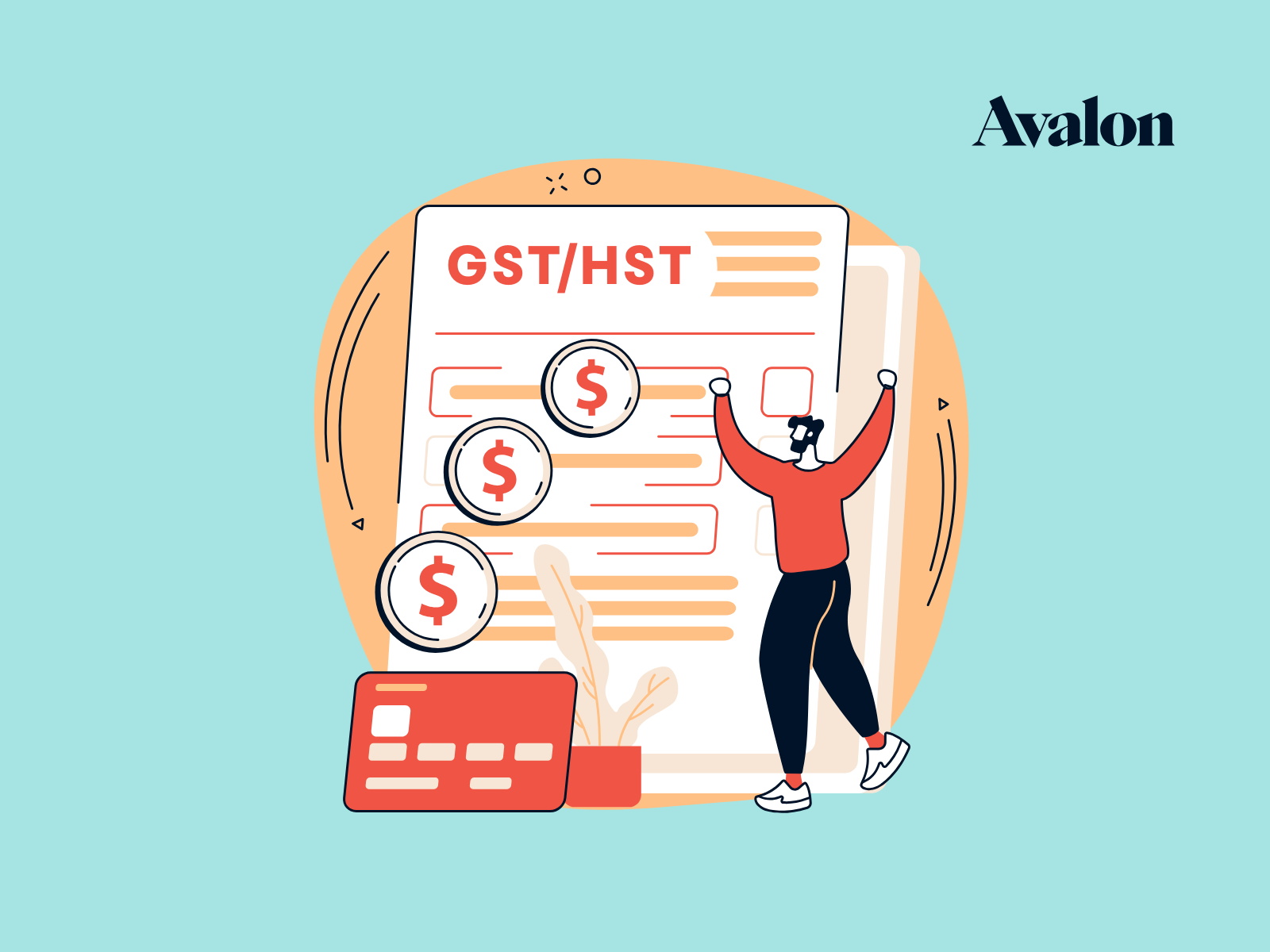If you own a Canadian corporation, you have lots of opportunities to save on taxes… if you know where to find them!
P.S. If you'd rather have Joe explain it, you can also check out this video 👇
Proper Record Keeping: The Foundation of Deductions
Why Record Keeping Is Important
But before we dive into the deductions and credits available to Canadian corporations, there’s one crucial foundation we need to cover first - proper record keeping.
Without solid record keeping, you may miss out on valuable deductions, or worse, find yourself in trouble with the CRA. Even if you qualify for a deduction, you may not be able to claim it without the right documentation.
Think of record keeping as the key to unlocking your tax savings.
Tracking every business transaction helps ensure that no eligible deduction is overlooked. And in the event of an audit, having your records in order will make everything much smoother.
Setting Up a Proper Bookkeeping System
So, how do you ensure your records are top-notch? Start by setting up a reliable bookkeeping system.
Digital accounting tools like Xero and QuickBooks are great ways to track income and expenses. They categorize transactions, making it easier to calculate deductions when tax season rolls around.
Every time you spend on something business-related—whether it's a client lunch, a new computer, or paying a contractor—make sure to log it.
And a quick bonus tip that will make your bookkeeping life 10 times easier - be sure to have a separate business bank account and credit card.
Keep your business transactions separate from personal ones and you’re well on your way to solid bookkeeping.
The Types of Documents You’ll Need
Here’s a quick checklist of the types of documents you should keep for tax purposes:
- Receipts and invoices for business-related purchases
- Bank statements to verify business transactions
- Payroll records for employee salaries and benefits
- Contracts or agreements related to your business
Having these documents on hand will make tax time much less stressful and ensure you can justify any deductions to the CRA if needed.
Digital Tools to Make It Easier
There are also some tools to make it easier to keep track of your receipts digitally.
Gone are the days of storing piles of receipts in a drawer. Apps like Dext and Expensify allow you to scan and upload your receipts right from your phone.
These tools can automatically categorize expenses and store everything digitally, so you’ll be more organized and ready for tax time without the paperwork headache.
Once you’ve got your bookkeeping system in place, you’ll be in a great position to take full advantage of the deductions and credits available to Canadian corporations.
For more info on record-keeping best practices, check out our receipt tracking article linked here.
Common Tax Deductions for Canadian Corporations
Business Expenses
Now that you’ve got your bookkeeping system in place, let’s talk about the common tax deductions available to Canadian corporations.
These deductions can reduce your taxable income, saving you money on taxes. The key is knowing what expenses you can claim.
First up, business expenses. If you’ve spent money to earn business income, there’s a good chance it’s deductible.
Let’s run through some of the most common ones.
Office Supplies & Equipment
Any supplies or equipment you buy for your business—like computers, printers, desks, even those pens you keep losing—are tax-deductible.
There is a bit of a difference in how capital assets like computers or furniture are deducted, but they still reduce your tax burden.
You can find out more about the difference between capital and current expenses in our article here.
Advertising & Marketing Costs
And what about the all important costs related to promoting your business?
Whether you’re running Facebook ads, printing business cards, or even designing a new website, these costs can be deducted.
Advertising and marketing are essential for growth, and luckily, they’re also great for cutting your tax bill.
Meals & Entertainment
You can also deduct 50% of eligible meals and entertainment expenses.
These include things like taking a client out to lunch or coffee for a business meeting.
It’s important to remember the 50% rule, though—only half of the cost is deductible. And, make sure you document the business purpose behind the expense.
We also have a detailed article that explains everything you need to know about meals and entertainment deductions.
Vehicle Expenses
Next up, If you use a vehicle for business, you can deduct a portion of its operating costs—like fuel, insurance, and repairs.
It’s important to keep track of business vs. personal use. The more accurate your mileage tracking, the better.
And again, we’ve got an article dedicated to vehicle expenses linked here, so make sure to check that out for all the details.
Business-Use-of-Home Expenses
If you’re using part of your home as an office, you can claim a portion of your home expenses, like utilities, rent, property taxes, and even maintenance costs. The key is that the space needs to be used primarily for business purposes.
To figure out how much you can deduct, calculate the percentage of your home that’s used for business. For example, if your home office takes up 10% of your home’s total square footage, you can claim 10% of your eligible home expenses.
Some common expenses that can be deducted on a prorated basis for your home office include:
- Utilities like electricity, heat, and water
- Rent if you’re leasing your home
- A portion of property taxes if you own your home
- The interest portion of your mortgage payments
- Home insurance (in some cases)
- Maintenance costs for the office space, like repairs or painting
Just be sure to keep detailed records of these expenses and consult with your accountant to make sure you’re maximizing your deduction while staying within the CRA’s guidelines.
Bank Charges and Interest
Next up, don’t forget that bank fees and interest on business loans are fully deductible. These are often small amounts but can add up over time, so it’s worth keeping track.
Professional Fees (Legal, Accounting, etc.)
If you pay for professional services, like your accountant or a lawyer, those fees are deductible.
Professional advice is essential for running your business smoothly, and it’s great that you can write off these costs.
If you don’t yet have an accountant that provides you with guidance and can help you save taxes, I invite you to find out more about the services Avalon provides and how we can help.
Employee Salaries and Benefits
Finally, any wages you pay to employees, including payroll taxes like CPP, EI, and any benefits you offer, are fully deductible.
This can even include wages that you pay to yourself as an owner of the corporation.
That’s a quick overview of some of the most common deductions, but there’s more to come.
Tax Credits and Other Incentives
Now that we’ve covered some common tax deductions, let’s dive into the key tax credits available for Canadian corporations.
Tax credits are another great way to reduce your tax bill, and in some cases, they can provide even bigger savings than deductions. Here are a few you should know about.
Scientific Research & Experimental Development (SR&ED) Credit
The first credit on our list is a big one for companies involved in innovation - the Scientific Research & Experimental Development (SR&ED) Credit.
This credit rewards you for conducting research and development (R&D) in Canada. Whether you're improving a process, creating new products, or developing new technologies, you could qualify.
Both the federal government and most provincial governments offer SR&ED credits, meaning your company could benefit from substantial tax relief.
And tax credits for SR&ED are refundable, so even if your corporation isn’t profitable yet, you might still receive a cash refund.
Small Business Deduction
Next up is the Small Business Deduction, which significantly reduces your corporate tax rate. If your corporation is a Canadian-controlled private corporation (CCPC) and earns active business income, you may be eligible for this deduction.
The Small Business Deduction lowers the tax rate on the first $500,000 of income your corporation earns from active business operations. This can lead to substantial savings for small businesses.
Canada Carbon Rebate for Small Businesses
Another great incentive to know about is the Canada Carbon Rebate for Small Businesses.
This rebate, just like the SR&ED credit, is refundable, meaning you can receive it even if you don’t owe any income tax.
It’s designed to help Canadian-controlled private corporations (CCPCs) with fewer than 500 employees offset the cost of carbon pricing.
The credit is based on your carbon tax costs and business income, so be sure to keep records of your fuel purchases and carbon tax payments to maximize this rebate.
Clean Economy Investment Tax Credits (ITCs)
And another helpful incentive for running a green business is the Clean Economy Investment Tax Credits (ITCs). It’s used to encourage investment in clean technology.
These credits can significantly reduce the cost of investing in clean energy and are also refundable.
Here are the main credits available:
- Clean Technology ITC: A credit of up to 30% for investments in clean energy generation and energy conservation equipment.
- Carbon Capture, Utilization, and Storage ITC: A credit of up to 50% for investments in CCUS technologies.
- Clean Hydrogen ITC: A credit ranging from 15% to 40% for investments in clean hydrogen production.
- Clean Technology Manufacturing ITC: A 30% credit for investments in manufacturing clean technologies.
- Clean Electricity ITC: A 15% credit for investments in clean electricity projects.
It’s important to note that for each piece of equipment or investment, you can generally only claim one of these tax credits.
However, if your project involves multiple types of equipment you might be able to claim different credits for the various separate components.
Input Tax Credits for GST/HST
And lastly, if your business collects GST or HST, you can claim Input Tax Credits (ITCs) to recover the tax you paid on business purchases.
These credits help reduce your overall tax liability by allowing you to offset the GST/HST you charge clients with the GST/HST that you’ve paid on expenses.
For example, if you paid GST on supplies, services, or equipment for your business, you can recover that amount by claiming it as an ITCs.
This helps ensure you’re not paying more tax than necessary. As always, make sure to keep receipts and documentation for all purchases where you paid GST or HST.
Key Takeaways
From common deductions like meals and entertainment, office supplies, and salaries, to valuable tax credits like the SR&ED credit, the Small Business Deduction, and Clean Economy Investment Tax Credits, there are plenty of opportunities to save on taxes within a Canadian corporation.
Make sure to set up your bookkeeping properly and keep track of those receipts and other supporting documents to ensure that your deductions and credits stand up if CRA ever inquires.
And we always recommend getting set up with an accountant who can help steer you in the right direction and ensure you take full advantage of tax deductions, credits and other incentives.






.png)





